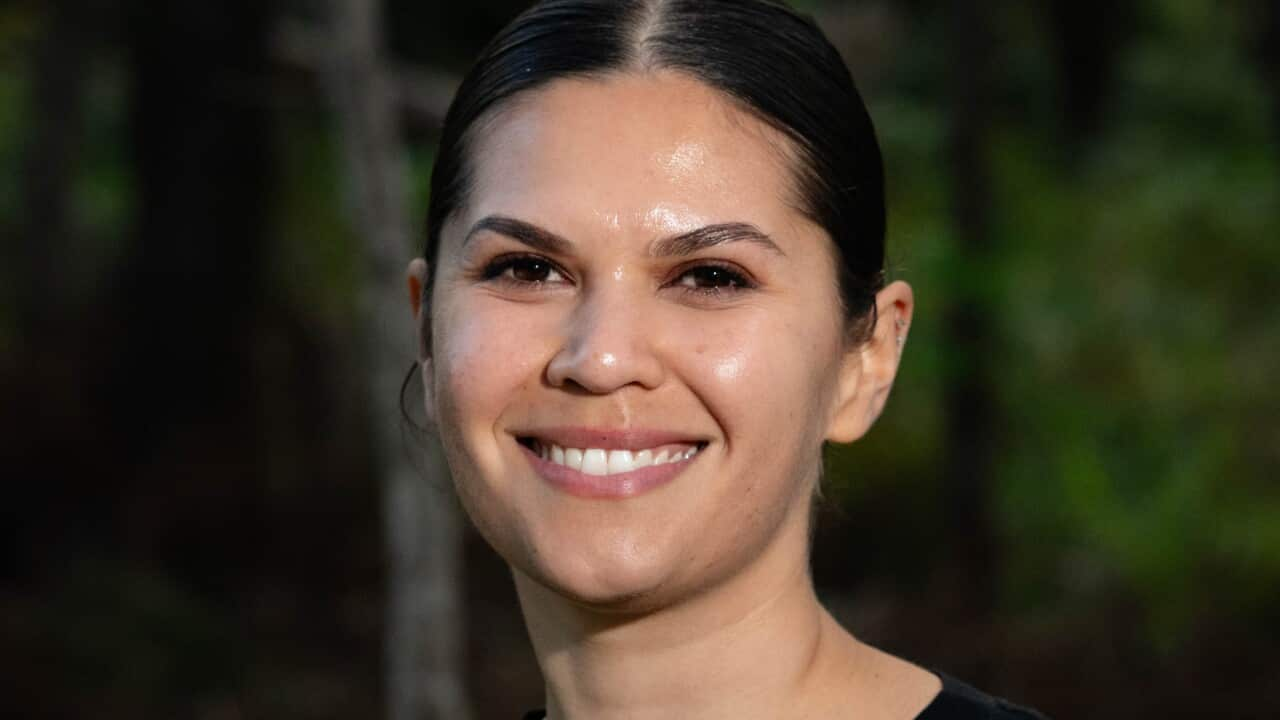Wiri man Tony McAvoy was appointed senior counsel on Thursday, making him the first ever Indigenous person in Australia to be appointed to the revered position.
Tony McAvoy SC told NITV that his appointment was an "incredible honour" for him, his family and fellow Indigenous Queenslanders. "It's a wonderful thing, it’s an opportunity to be involved in the legal system at the highest levels," he said.
He said that this landmark appointment was just the beginning for Aboriginal and Torres Strait Islander people who endeavour to embark upon influential legal careers.
"I know many young lawyers and law students who are going to make their mark on the law and make the change. I have no doubt that that will happen.
I know many young lawyers and law students who are going to make their mark on the law and make the change. I have no doubt that that will happen
"There will be many Indigenous lawyers who become senior counsels, become barristers, who make their mark in the legal profession, whether fighting for social justice causes or Indigenous-related issues or just in general legal matters."
What started as a summer holiday job at the Aboriginal Legal Service, , became a career that is making waves in the effort towards justice for Indigenous Australia.
Mr McAvoy was admitted as a solicitor in Queensland in 1988 before he went on to focus in the areas of native title and land rights. He was admitted as a barrister in NSW in 2000.
One of Mr McAvoy's greatest achievements was securing native title recognition for the Quandamooka people of North Stradbroke Island in 2011.
Australian Bar Association President Fiona McLeod SC said Mr McAvoy was an asset to advancing the rights of Aboriginal and Torres Strait Islander people.
"Mr McAvoy’s deep commitment to Indigenous justice is widely known and respected," Ms McLeod said in a joint press release from the Australian Bar Association and Law Council of Australia.
Mr McAvoy’s deep commitment to Indigenous justice is widely known and respected
"This commitment was rightly acknowledged when he won the inaugural National Indigenous Legal Professional of the Year Award in 2010."
He currently holds the positions of acting part-time commissioner land and environment court chair, and is part of the National Indigenous Lawyers Corporation and the editorial committee of Lexis Nexis Native Title News.
Law Council of Australia President-elect Stuart Clark AM said Mr McCoy was an "invaluable contributor" to the Law Council’s work.
"His contributions to the Indigenous Legal Issues Committee, which have included numerous appearances before parliamentary inquiries, have been highly effective and wholly appreciated," he said in the press release.
Thanks to his work, and the inspiration he provides, hopefully many other Indigenous lawyers will follow in his footsteps
Aboriginal lawyer Jason Behrendt, who is also on the board of the Law Society of NSW’s Indigenous Law Committee, said Tony McAvoy's appointment was a "fantastic achievement and a well-deserved recognition".
"He is the first Indigenous Australian to be appointed senior counsel and thanks to his work, and the inspiration he provides, hopefully many other Indigenous lawyers will follow in his footsteps," Mr Behrendt told NITV.
Mr McAvoy said that his greatest concern about Australia’s justice system was the overrepresentation of Indigenous Australians in prison and he wanted fellow lawyers to help combat the crisis.
"Aboriginal people are being incarcerated at an extraordinary rate, and the justice system seems to have no answers for it," he said.
RECOMMENDED READING

Indigenous youth incarceration jails ‘regular kids’: Briggs
"Aboriginal lawyers have a responsibility to engage and do what they can to change the system to change the outcome for Aboriginal people."
At the national level, Aboriginal and Torres Strait Islander peoples are to be incarcerated than non-Indigenous people, the Australian Bureau of Statistics reports.
The situation in even worse for Indigenous youth. 2013-2014 data from the shows that Indigenous young people are 26 times more likely to be in detention than their non-Indigenous counterparts.










